6 Airtable Alternatives in 2025 for Smarter, Simpler Data Management
Airtable has been a popular tool for blending databases with a spreadsheet interface, simplifying data-heavy task management for teams. However, it may not be flexible enough for everyone’s needs. Some users encounter pricing issues, feel restricted by its layout, or wish for better scalability. If you’re considering alternatives to Airtable, you’re in good company.
There are numerous tools available, each offering unique features—some are simpler, others more robust, and a few focus on minimizing distractions. Let’s explore the most popular alternatives in 2025.
The 6 Best Airtable Alternatives in 2025
Notion
Notion often comes up in discussions about Airtable alternatives. While it’s not a direct replacement, that’s part of its appeal. Notion combines documents, databases, task boards, and team wikis in one platform. If your team values flexibility and doesn’t need rigid data structures, Notion is a great fit.
Its database views are excellent for project tracking, content calendars, and internal systems. You can switch between tables, Kanban boards, timelines, and galleries, which helps keep everything organized. Notion’s recent updates include database automation and improved syncing.
Notion’s greatest strength is its versatility, allowing teams to use it in diverse ways. While it may not match Airtable’s database capabilities, it offers a broader workspace experience that many prefer.
Coda
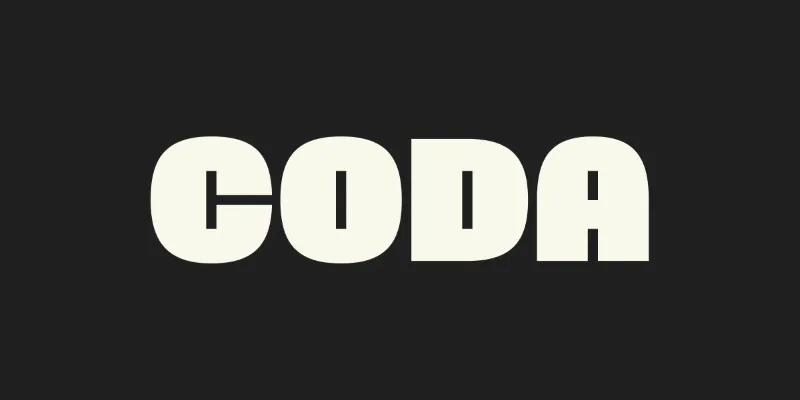
Coda is like a hybrid of Notion and Airtable, designed for those who enjoy building customized systems. It starts as a document-first tool but can evolve into an app-like experience.
Coda stands out with its customization options, including buttons, formulas, and automation within your document. You can transform a simple project table into a comprehensive tracker with filters, logic, and alerts.
If your team requires more structure than Notion but still desires the freedom to build from scratch, Coda is an excellent choice. It’s ideal for teams transitioning from spreadsheets but not ready for complex platforms.
ClickUp
ClickUp focuses on task management but offers much more. Recent updates have enhanced its data handling capabilities, making it more than just a task management tool.
Its table view resembles a simplified version of Airtable, with additional features like Gantt charts, timelines, workload tracking, and document support. ClickUp is perfect for productivity-focused teams looking to view and track various data types.
The learning curve can be steep due to its extensive features, but once accustomed, users understand why it’s a popular choice. It’s structured and well-suited for those who prefer an organized environment.
Baserow
Baserow is ideal for those who appreciate Airtable’s backend logic but dislike its limitations. It’s open-source, allowing self-hosting or using their cloud plan.
This tool offers a spreadsheet-style interface with added flexibility behind the scenes. Being open-source, developers can customize, build plugins, and adapt the tool to specific workflows.
Baserow’s clean and practical layout doesn’t overwhelm users. It enables database creation, view sharing, and collaboration—similar to Airtable but with fewer restrictions. For companies with in-house tech teams, the self- hosting option is advantageous.
SmartSuite
SmartSuite may not be as well-known, but it’s gaining attention for its structured workflows, allowing data organization across teams and projects. It’s like Airtable with more built-in templates and options.
Each workspace features a clean design, drag-and-drop elements, and adjustable permissions. Its standout feature is the effort put into templates, enabling faster setup without starting from scratch.
SmartSuite also offers intuitive automation, requiring no coding. If Airtable’s automation has frustrated you, SmartSuite provides a refreshing alternative.
Stackby
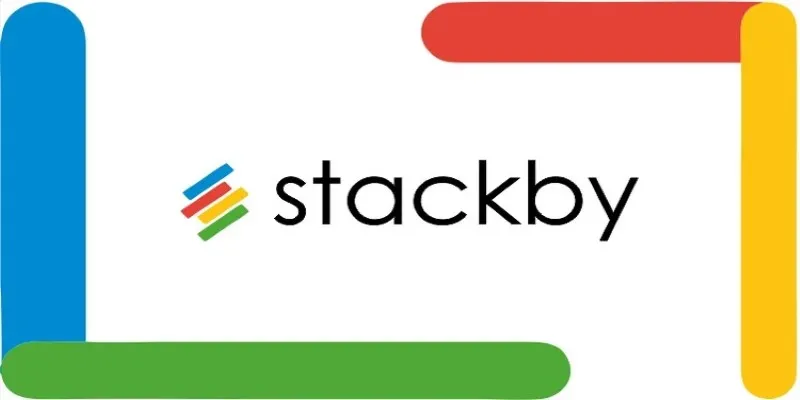
Stackby is another spreadsheet-style tool, closely resembling Airtable. It differentiates itself with an integration-first approach. You can connect columns to APIs, Google Analytics, YouTube, and more, transforming a simple table into a powerful tool.
Its familiar layout includes columns, rows, filters, and views. However, integrating live data sources makes the tables dynamic. Stackby is perfect for content teams or marketers seeking real-time information within project tables.
While its user interface may not be the most modern, its backend logic compensates. You don’t need technical expertise to leverage its integrations, which is a significant advantage.
Final Thoughts
Switching tools isn’t about finding the “best” option—it’s about finding the right fit. Airtable works for many, but it may not suit everyone. Whether you prefer a document-like feel, enhanced task management, or deeper backend control, there are plenty of alternatives.
The tools listed above each offer distinct features. Some prioritize open- source flexibility, others focus on visuals or automation. The ideal choice depends on your team, workflow, and setup time. The good news is there’s no shortage of excellent options.
Related Articles
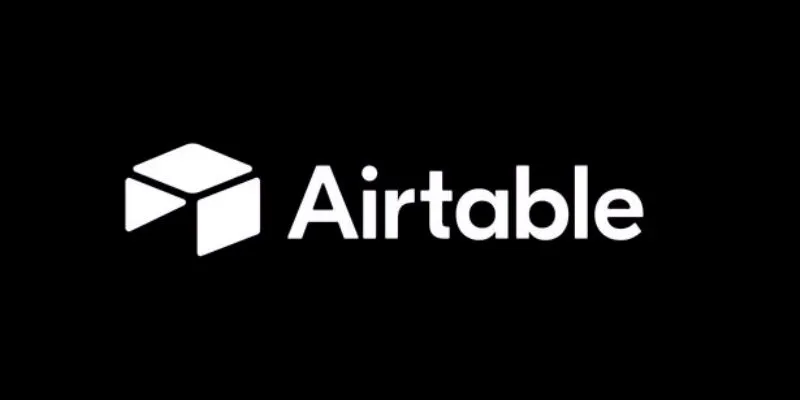
How to Create and Customize Airtable Views for Better Organization
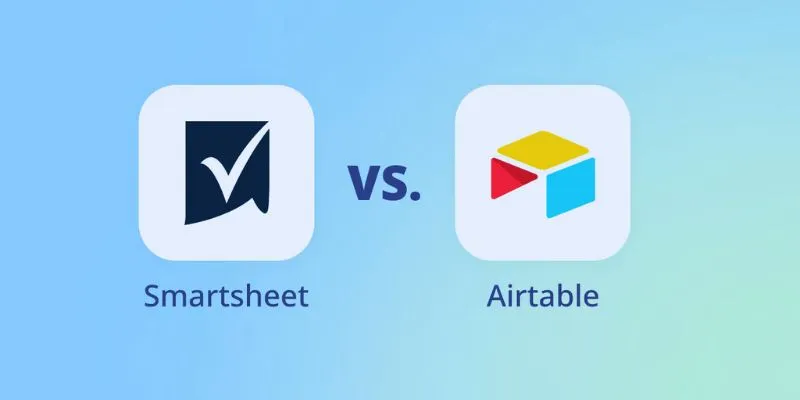
Smartsheet vs. Airtable: Which Should You Use for Project Management
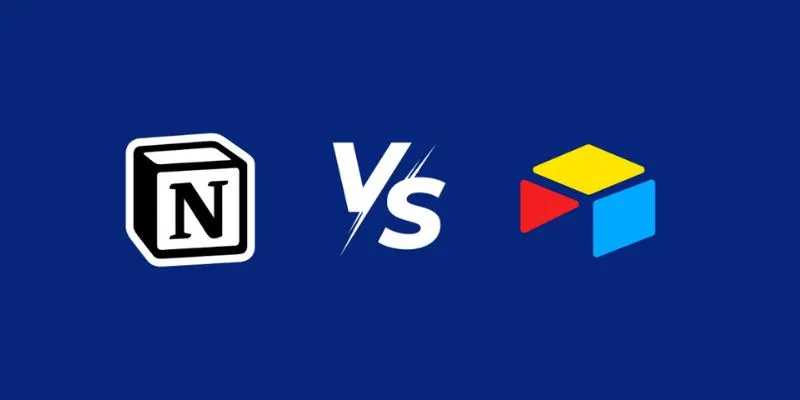
Airtable vs. Notion: Which App Should You Choose for Your Workflow

The 6 Best Airtable Alternatives in 2025 to Organize, Track, and Collaborate Better
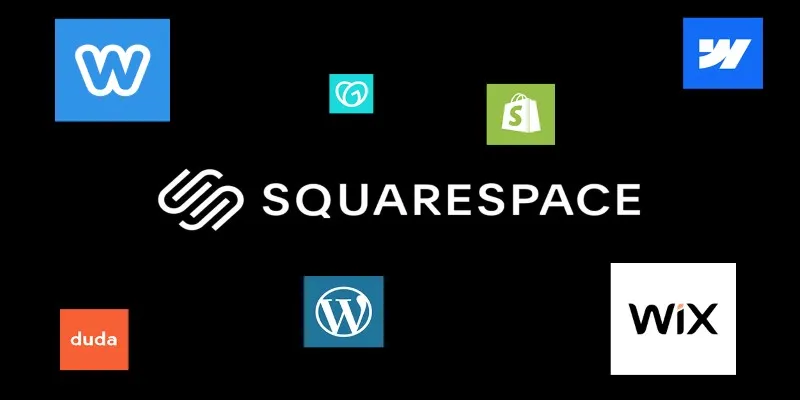
The 6 Best Squarespace Alternatives in 2025 for Custom, Creative Web Design

Discover the 10 Most Effective Userback Alternatives
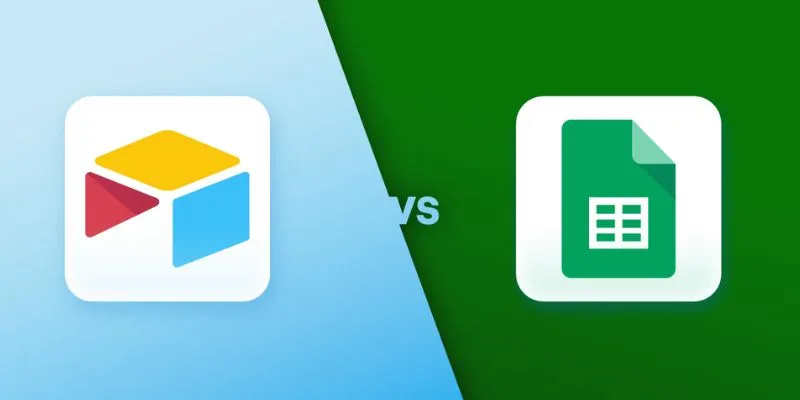
Airtable vs. Google Sheets: Which Should You Use for Your Workflow
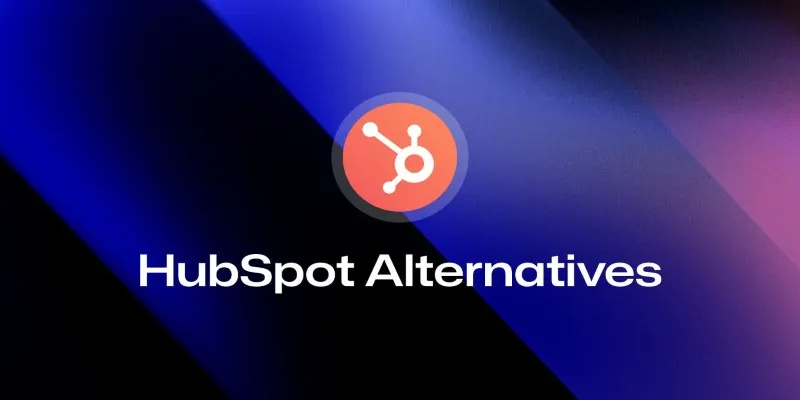
The 8 Best HubSpot Alternatives in 2025 for Smarter Growth and Less Hassle
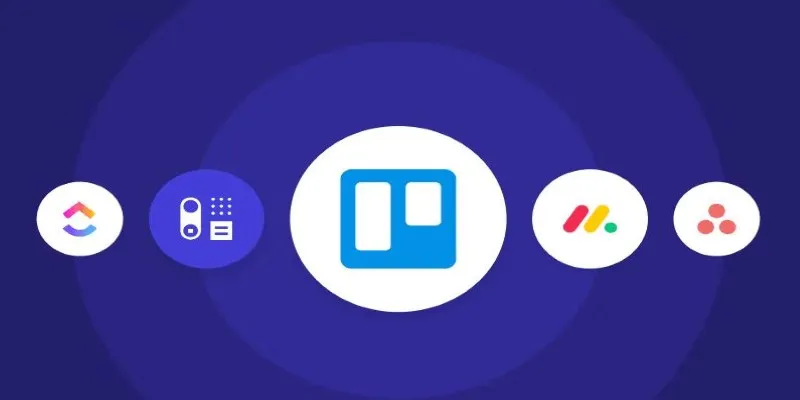
Top Trello Alternatives to Try in 2025 for Better Project Management
Popular Articles
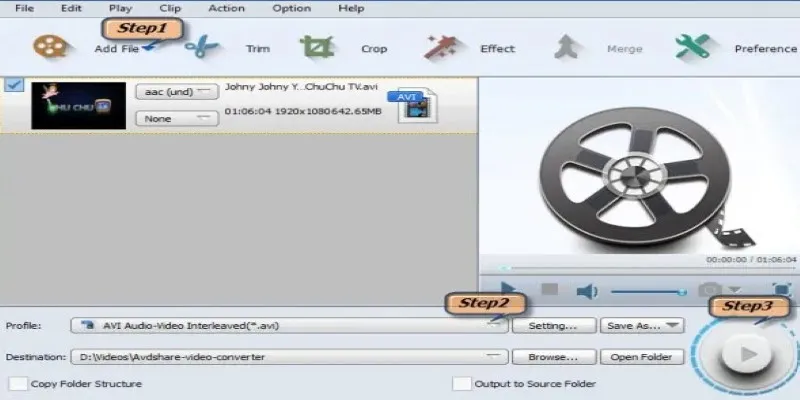
Convert TS Files from VCD to AVI Easily and Keep the Quality

The 6 Best Squarespace Alternatives in 2025 for Custom, Creative Web Design
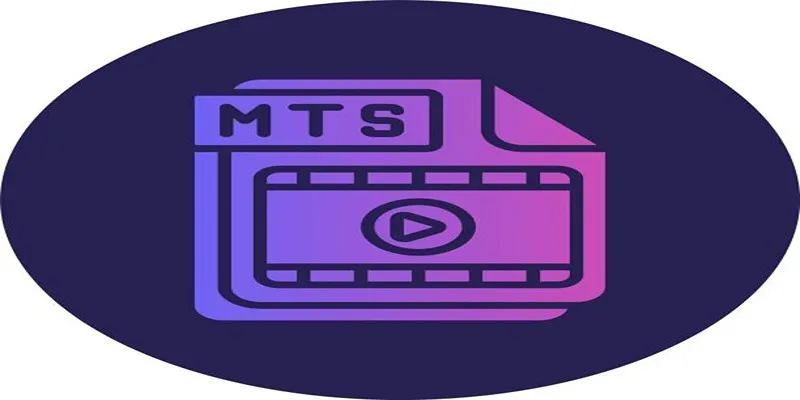
Simple and Effective Ways to Convert MTS Files for Your iPad

Displaying Time in the Admin Bar for WordPress Blogs
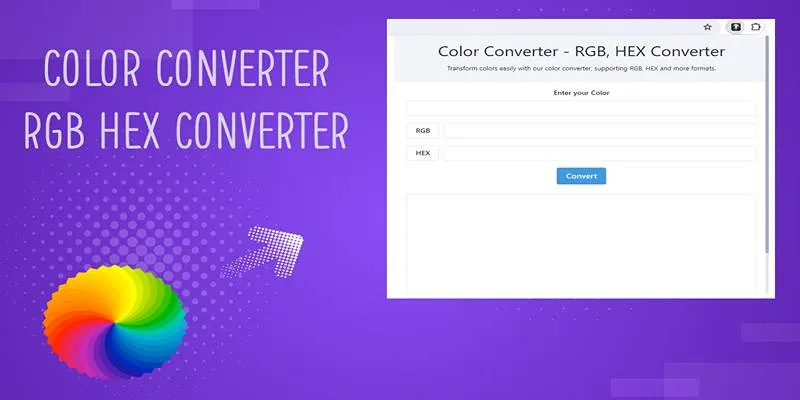
Free Tools to Convert HEX to RGB Codes for Designers and Developers

Best Tools for Sharing Large Files Online with Speed and Safety

The Best Email Drip Campaign Software: Top Picks for Seamless Automation

How to Make a Funny Video: 6 Steps That Actually Work

How to Turn Flip Video Camera Files into MP4 or AVI
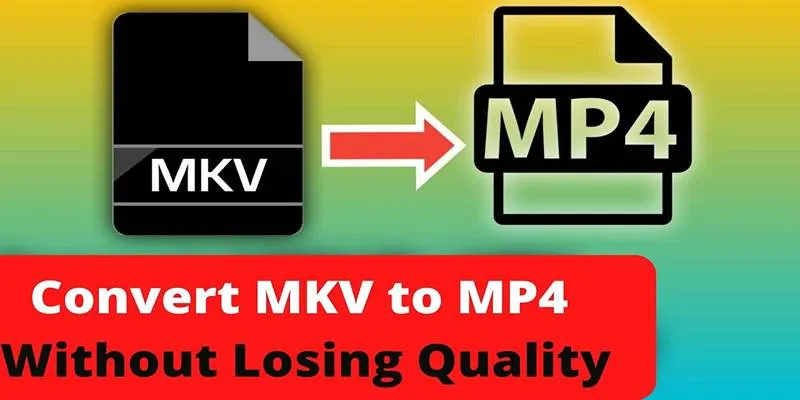
Best Way to Convert MKV to MP4 for Smooth Playback and Streaming
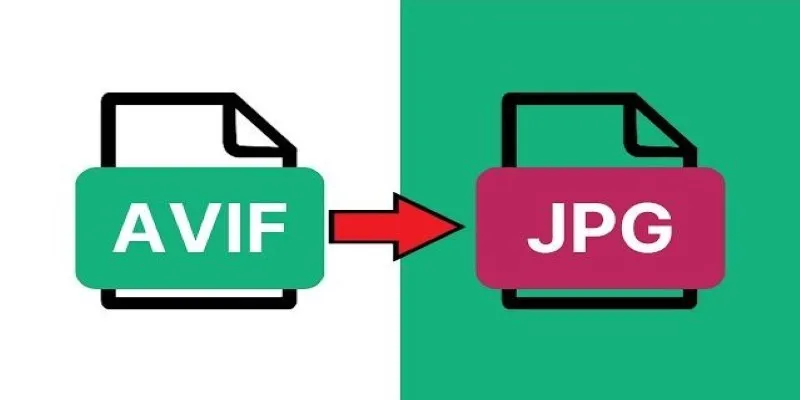
Fast & Easy AVIF to JPG Conversion: 5 Offline Converters

 mww2
mww2